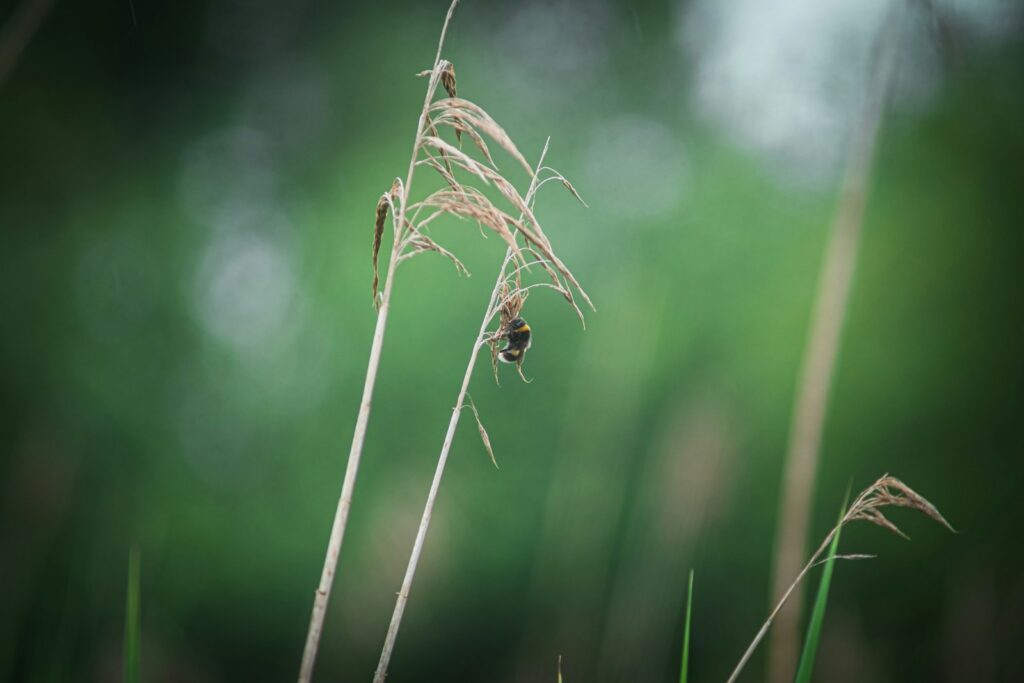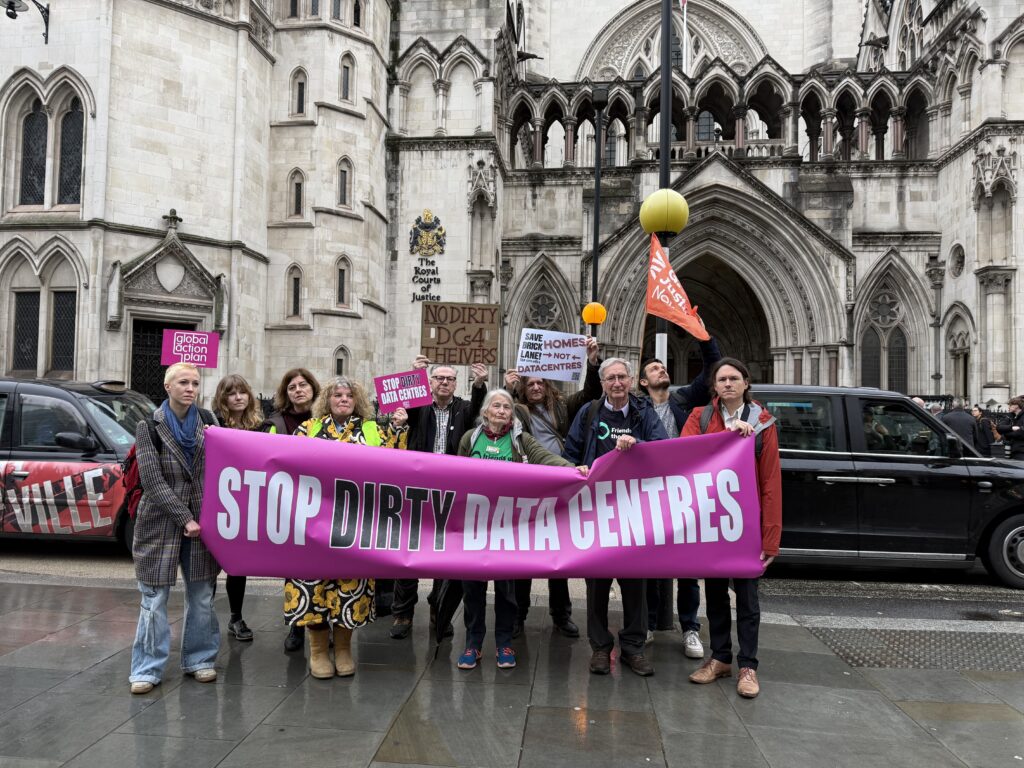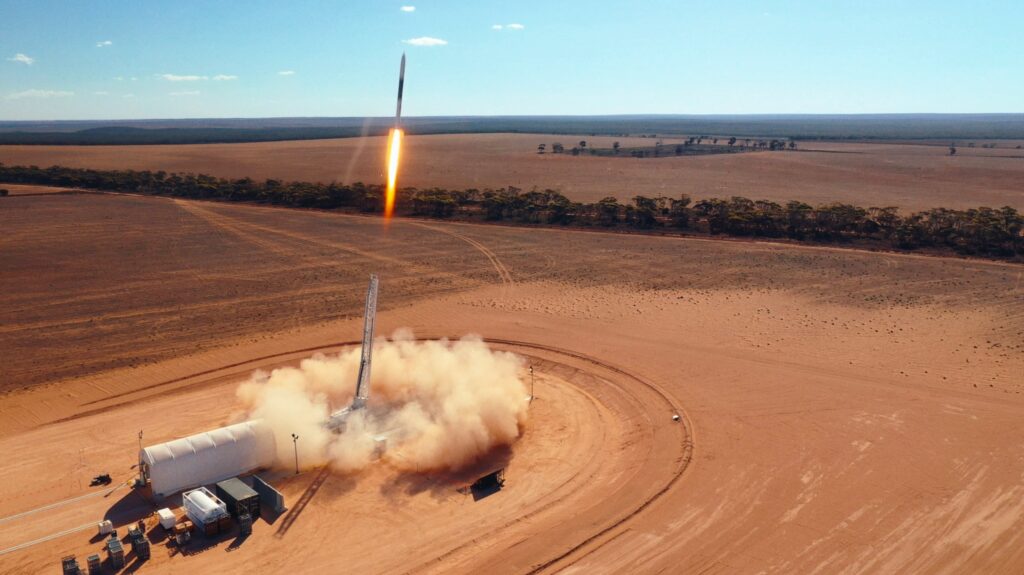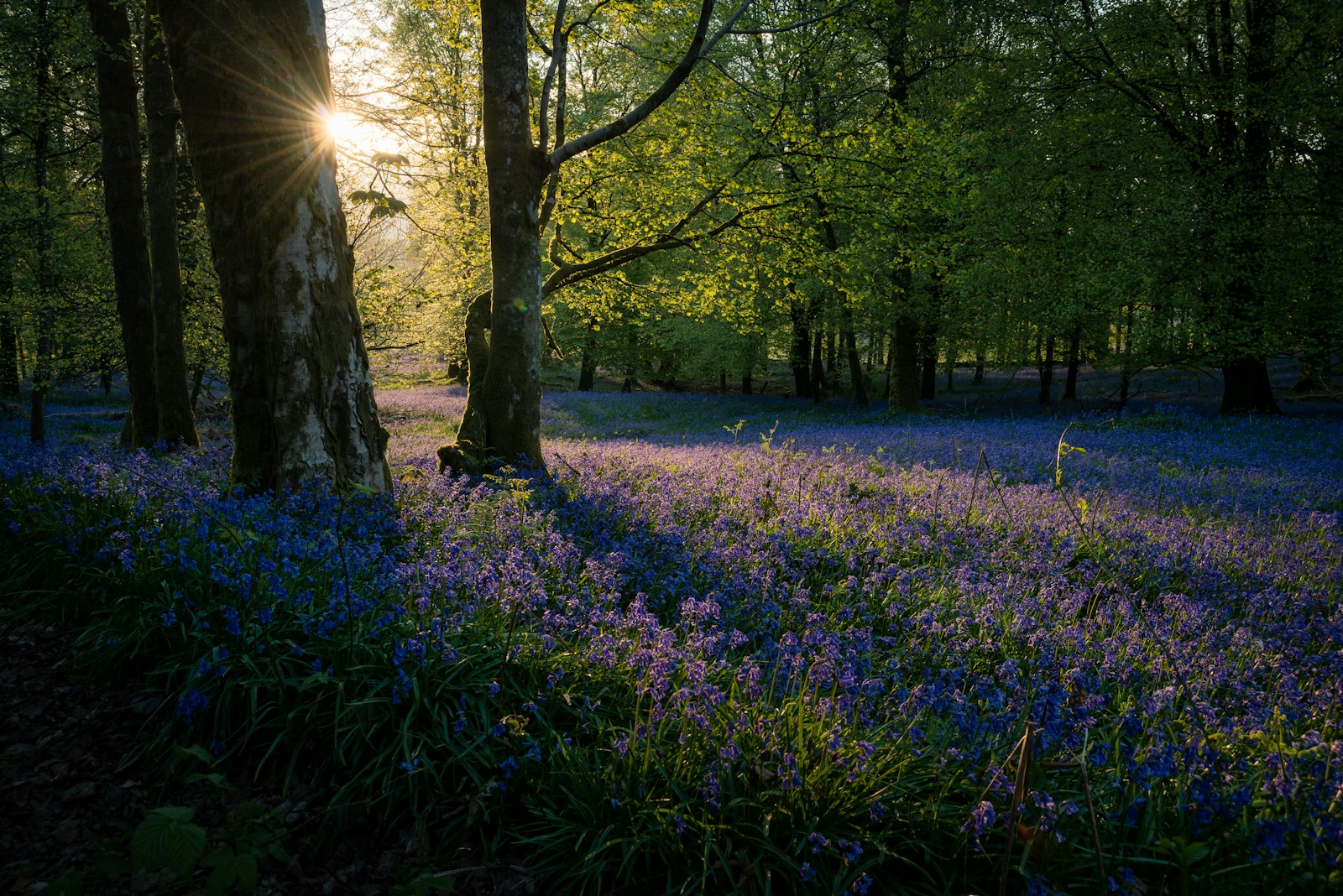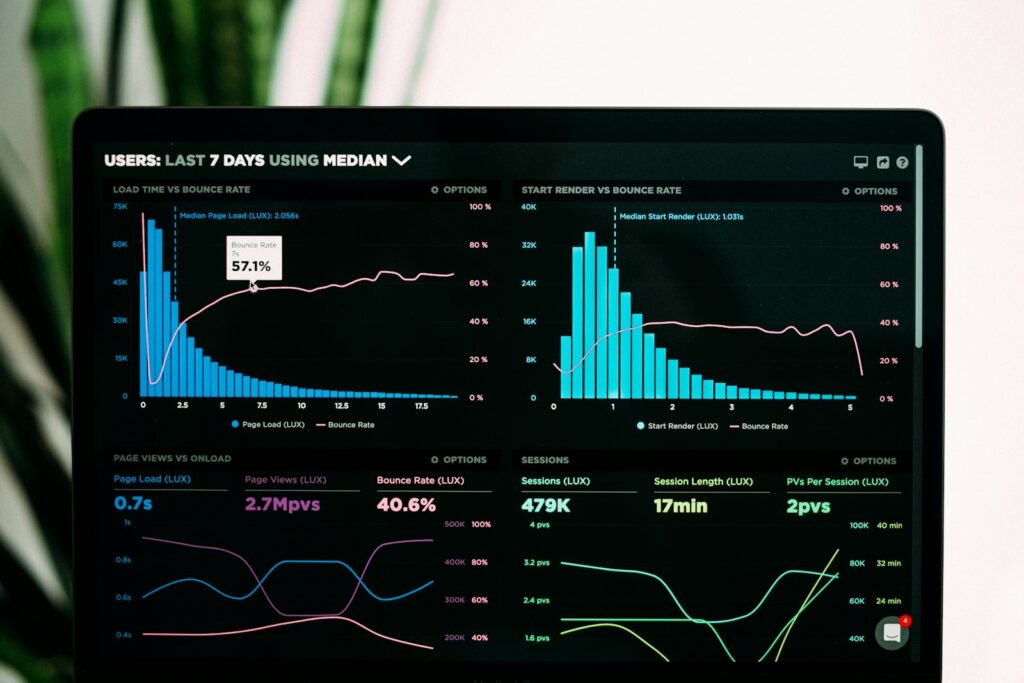Wildfire smoke may have contributed to thousands of extra Covid-19 cases and deaths across the US, according to the Harvard School of Public Health.
In 2020, huge wildfires swept across the western US, including some of the largest ever in California and Washington.
Wildfire smoke produces high levels of fine particulate matter (PM2.5), which has been linked to a host of negative health outcomes, including asthma and chronic obstructive pulmonary diseases (COPD).
The researchers built a statistical model in order to quantify the extent to which this wildfire smoke may have contributed to excess Covid-19 cases and deaths in California, Orgon and Washington, the three states that bore the brunt of the fires.
They looked at the connection between county and daily-level data on PM2.5, wildfire days from satellite data and the number of Covid-19 cases and deaths.
They found that from August 15 to October 15, 2020, when fire activity was greatest, daily levels of PM2.5 were significantly higher than usual, with a median of 31.2 µg/m3.
Across the three states studied, the cumulative number of Covid-19 cases and deaths attributable to daily increases in PM2.5 from wildfires was, respectively, 19,700 and 750.
On average across all counties, the study found that a daily increase of 10 µg/m3 in PM2.5 each day for 28 subsequent days was associated with an 11.7% increase in Covid-19 cases and an 8.4% increase in Covid-19 deaths.
The biggest effects for the Covid-19 cases were in the counties of Sonoma and Whitman, with a 65.3% and 71.6% increase, respectively.
When the researchers looked at individual wildfire days and at individual counties, they found that Butte and Whitman had the highest percentages of total Covid-19 cases attributable to high levels of PM2.5 during the wildfires.
Among the total number of Covid-19 cases that occurred in these counties, 17.3% and 18.2%, respectively, were attributable to high levels of PM2.5.
Butte and Calaveras had the highest percentages of total Covid-19 deaths attributable to high levels of PM2.5 during the wildfires.
Among the total number of Covid-19 deaths that occurred in these counties, 41% and 137.4%, respectively, were directly attributable to high levels of PM2.5.
Francesca Dominici, lead author of the study said: ‘Climate change will likely bring warmer and drier conditions to the West, providing more fuel for fires to consume and further enhancing fire activity.
‘This study provides policymakers with key information regarding how the effects of one global crisis – climate change – can have cascading effects on concurrent global crises – in this case, the Covid-19 pandemic.’
Photo by Thom Milkovic












